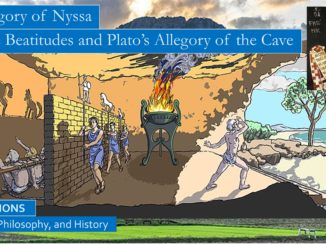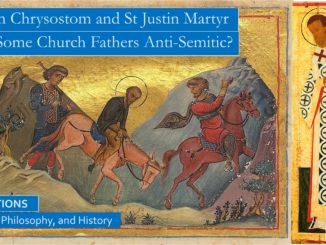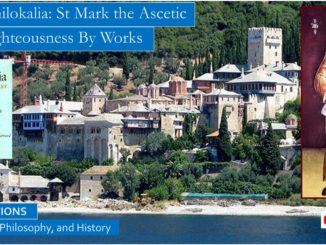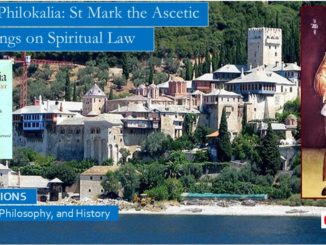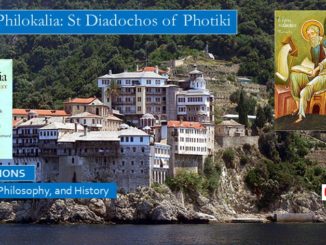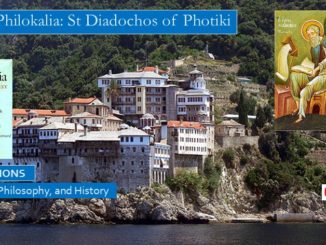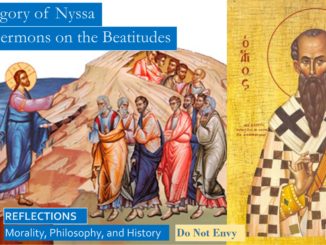
St Gregory of Nyssa, Beatitudes, Blog 5, Blessed are the Peacemakers and the Persecuted
We must be one of the peacemakers. What is peace? Peace is a “loving disposition towards our neighbor.” What is the opposite of this love? The enemy of peace is “hate and wrath, anger and envy, harboring resentment as well as hypocrisy and the calamity of war.”
We are reminded that the Beatitudes in the Sermon on the Plain directly reminds us that not only are the poor in spirit blessed, but also the poor and down and out, and in case we do not comprehend, Jesus in Luke warns us, “woe to you who are rich, for you have received your consolation.” So what is common between to these two Beatitudes and the words of Jesus on the Day of Judgement? St Gregory of Nyssa teaches us, “they all converge on the same goal,” they all show how the Love of God shines in our lives and in how we live our lives, and the love we show to our neighbor. […]

